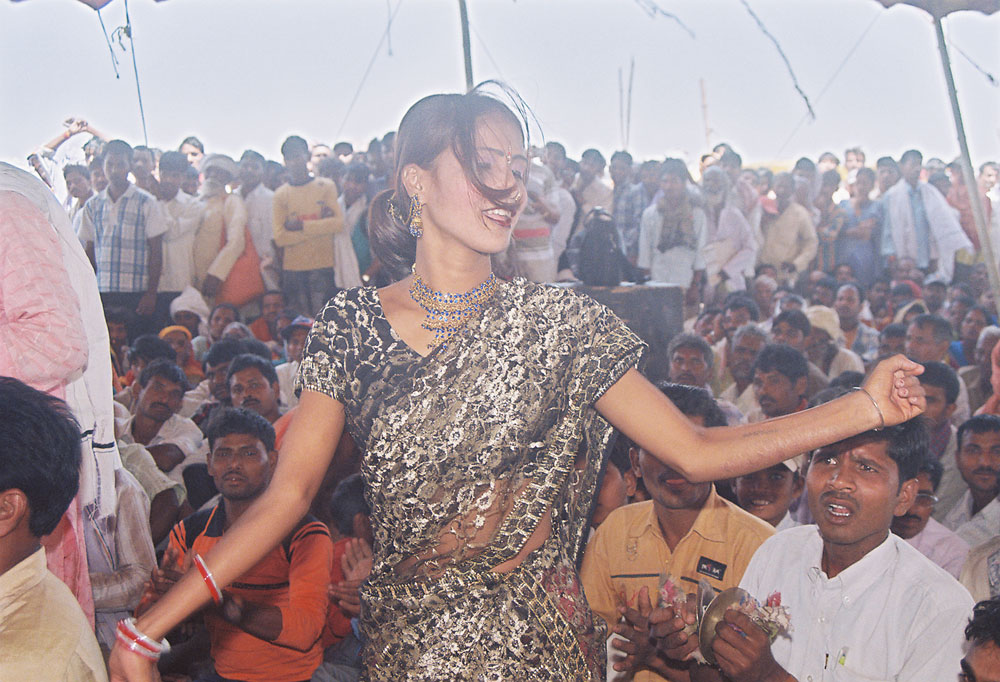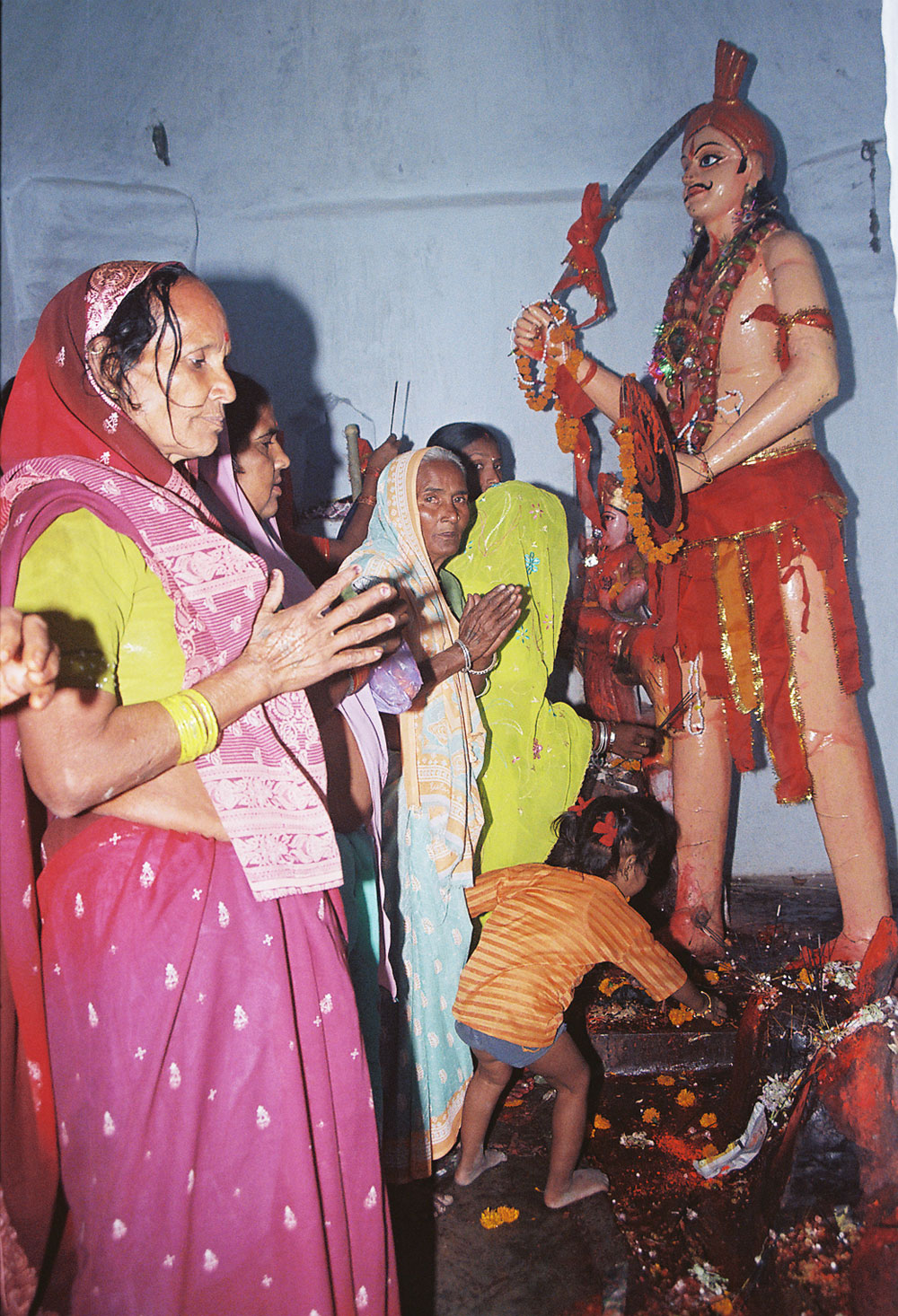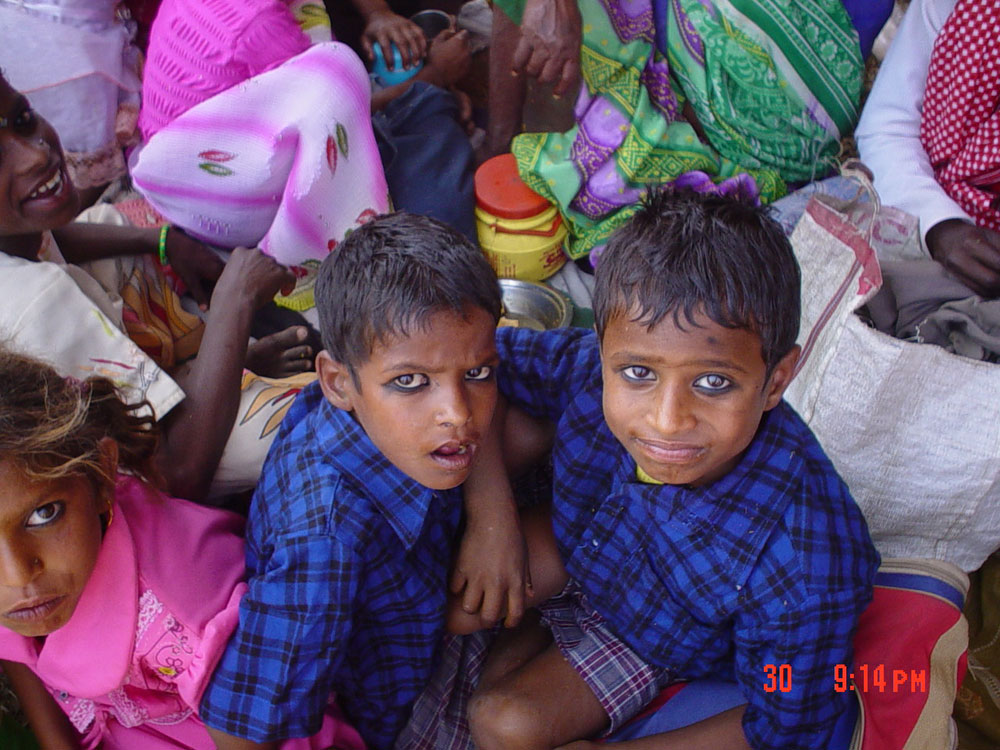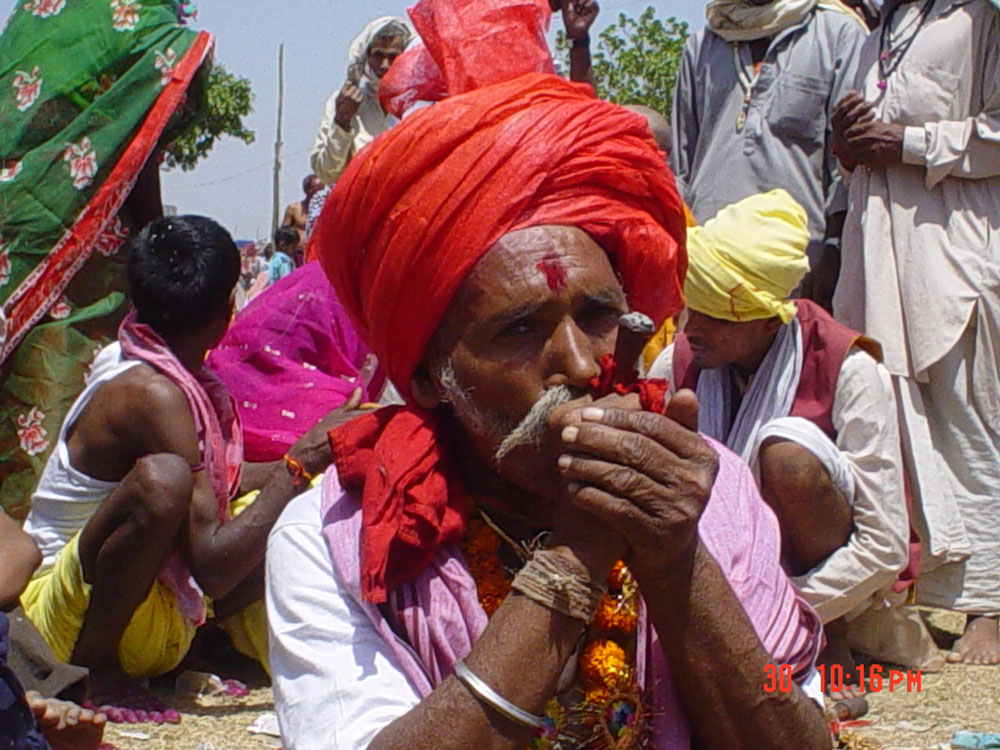Deshkal Society




Grant Period: Over one year
Deshkal Society was founded in 1995 by educationists, journalists and young researchers with the aim of publishing a Hindi magazine that would help in the formation of a liberal and thinking society. Over time, Deshkal has grown to focus its research, documentation and advocacy on neglected themes, particularly those pertaining to the Dalits. Their work is carried out in partnership with the concerned communities and they have been building a network of local groups, NGOs and institutions which can enter into dialogue and engage with developmental agencies, the bureaucracy and the media at the national level. They have also conducted seminars, conferences and workshops to ensure that neglected issues and themes enter mainstream discourse. Deshkal has been researching, documenting and promoting the culture, language and history of Bihar’s Dalit communities. They have undertaken a project on reconstructing content and methods of teaching for Dalit children. They have organised a national workshop on ‘Pluralism, School Education and the Dalit Child in India’, as well as an international conference on understanding development from the perspectives of marginal communities.
This grant supports Deshkal to research and document Rani Reshma –Chuharmal ka Khela, a popular Nautanki in Bihar’s Bhojpur and Magadh regions. Over the years, this Nautanki has become a cultural resource voicing Dalit and OBC perspectives. For the region’s Dalits, this love story of an upper-caste aristocratic lady and a lower-caste Chuharmal represents defiance and resistance to caste-feudal domination. The Dusadhs, in particular, see it as a story recounting their glorious past. For the Bumihars (the feudal community of the region), however, this story and its performance are seen as a conscious attempt by the lower castes to ‘humiliate’ them. In this context, the research will explore why and how Nautanki has become a source of inspiration for the Dalit community to battle caste and economic oppression. As these plays are performed at fairs where Dalits and non-Dalits converge, another question that will be taken up is how these inter-community conflicts operate in public spaces.
The story of Reshma-Chuharmal is also in circulation in the predominant form of booklets produced by the Dalit intelligentsia. This project will also attempt to understand the nature of the public sphere in which the Dalits operate, and how it is produced through performance and writing. Another question that will be considered is how the female protagonist of the story constructs the changing gender and caste relationships among the Dalit and non-Dalit communities. Performed and printed versions of the Reshma-Chuharmal Nautanki will be identified and selected. The lead researcher for the project will undergo an orientation course in quantitative and qualitative research techniques, and in undertaking in-depth interviews. The Deshkal team intends to involve the local community, university and college departments and other key resource persons as well.
A research report, documentation of existing literature, and a collection of caste histories written by community historians, are the expected outcomes of the project. The Deshkal Society intends to circulate the results of the research through its website and Delnet, an Internet-based library network. They will also keep individuals, groups and institutions informed of this work through their Dalit directory and mailing addresses.
